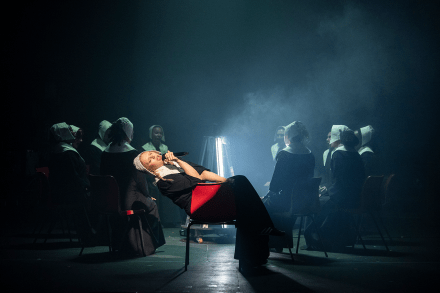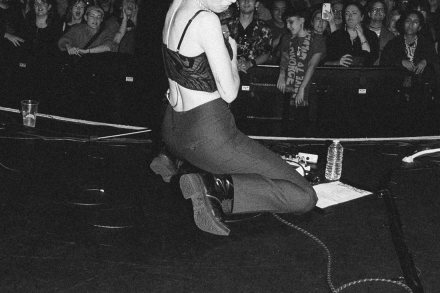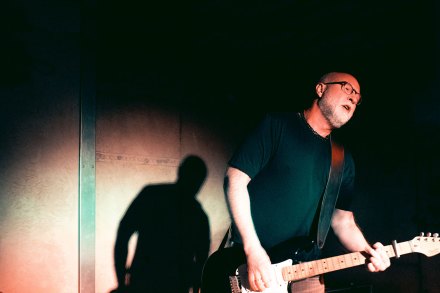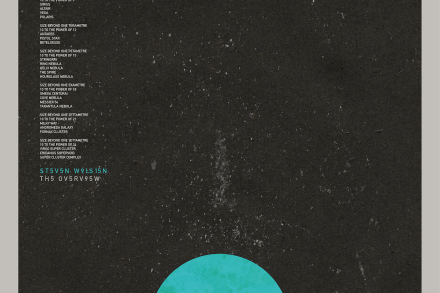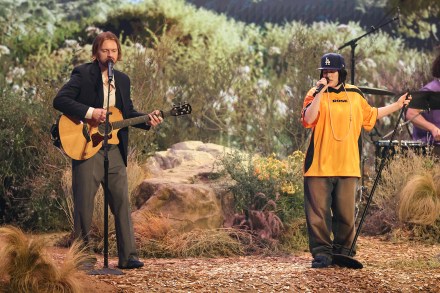No amount of discourse will make a good pop song into a great one
There is no higher calling than making great pop music, and no mechanism by which such an achievement can be faked or fudged. No lofty exposition, no pleading discourse, no mitigating circumstance, no ifs, buts or boo-hoo back story can bend a piece of so-so music into a great pop song. We simply know one when we hear one. Commentators may gush about Beyoncé’s genre-strafing cultural significance until the cows come home, but it doesn’t alter the plain fact that she hasn’t released a single piece of music in more than a decade that will stand the test of time come pop’s judgment day. ‘Pop’ implies freshness. Fizz. This doesn’t













